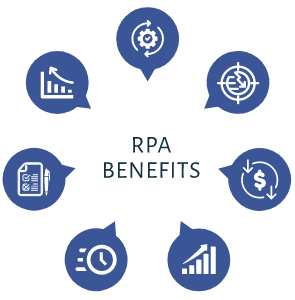Talosnation
When choosing an RPA tool for your needs, it's important to consider the following:
- Complexity of the Process: If the process you want to automate is simple, a basic RPA tool like Power Automate might suffice. However, if it's complex and involves multiple applications including legacy applications, you might need a more advanced tool like UIpath.
- Price: As you mentioned, there can be a significant price difference between different RPA tools. You should consider your budget and the features you need before making a decision.
- Performance and Scalability: If you're planning to automate a large number of processes or processes that require high performance, you should consider the scalability and performance of the RPA tool.
- Integration with Existing Systems: It's important to ensure that the RPA tool you choose can integrate with your existing systems and applications.
- Ease of Use: The ease of use and user interface of the RPA tool should also be considered, especially if you don't have much experience with RPA.
- Support and Training: The level of support and training provided by the RPA vendor should also be considered to ensure that you can get the help you need if you run into any issues.




